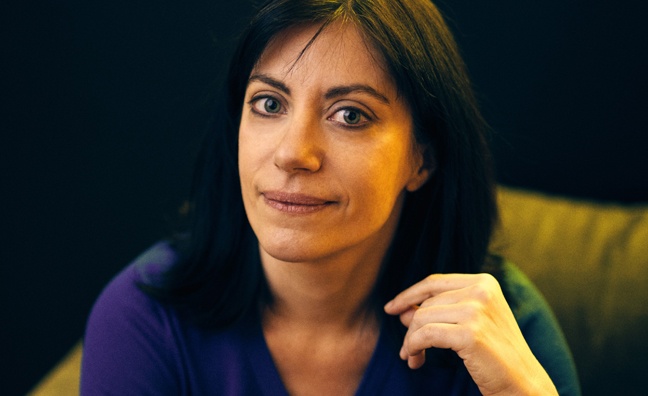The Worldwide Independent Network (WIN) is the global support body for the sector. Here, CEO Noemí Planas shares an international perspective on indie labels, including insights on AI, public performance income and the industry’s vinyl problem...
Partisan COO Zena White is WIN’s new chair – what does she bring to the trade body?
“She is really good at communication, she’s helping a lot with that. From the moment that she was appointed, Zena was looking at how we improve communicating the value of WIN and the value, generally, of the independent music companies. We probably do see more people asking the question now, ‘Why do we need labels?’ Maybe we haven’t been as good as we could have been in communicating what we do and the value of joining WIN, as well as being part of this community.”
With people questioning that model, why do you believe in the independent label sector?
“For me, it was through working at a label that I saw how they took care of all the boring stuff that an artist shouldn’t be doing! If your talent is writing music and performing, why do you need to be filling out spreadsheets? It’s about helping and building artists. For many independent labels, it’s just like a family and you really are working together with your artists to grow their careers. So it’s good that there are different options, but there’s always going to be the need for labels. It’s even more important now because you need new ways to access fans and filter out the noise – labels play a key role.”
Does it feel like indies are on a level footing with majors when it comes to DSP support?
“It really depends on the country. The latest BPI report showed that the independent label share is growing in the UK. From our own figures, the market share was 39.9% the last time that we did the research in 2018, but it really varied country to country. We have countries like South Korea where independent labels are 85% of the market, because it’s big, local companies. Those local companies are more like mini majors. Whereas in Spain, it was the opposite – the majors were 85% and independents were only 15% in terms of revenue. So from a global perspective, it really changes country to country. But we are seeing that the independents are generally growing overall.”
Labels are even more important now because you need new ways to access fans and filter out the noise
Noemí Planas
Amid the vinyl revival, how challenging have production issues been globally for labels?
“That’s a big issue. We published a global vinyl directory on our website. We went to all the associations around the world [for updates] about pressing plants in their country. I know that groups of [indie] companies now team up [by combining vinyl runs] and send releases in bulk. Majors are always going to have leverage because they have bigger production numbers. We’re not competing in an even position.”
What are the growth markets for repertoire?
“Latin America has been growing for a number of years now. Streaming is really the main form of consumption there, and the same in Asia – young people go to DSPs but also TikTok, YouTube and local platforms. Latin America, Asia and the Middle East are where we are seeing the new growth and opportunities.”
AI and new platforms could disrupt the ecosystem. Is WIN looking closely at this?
“Any business that is built off the back of creative content should be remunerating rights-holders and creators properly. With artificial intelligence, it’s the same discussion. Every technology can be both a challenge and an opportunity, depending on how it’s used. But the problem is when you build your business by just basically using content, and either not asking for permission or not remunerating. That’s where we see the problem – and that’s any platform.”
Finally, is public performance income becoming more significant for indies?
“I often think it is overlooked by companies, because there are always other priorities, like streaming and live. Historically, the management of these performance rights has been very localised. When you go outside of Europe, the lack of bilateral agreements has been one of the major issues for independents. Collecting societies are working towards building more of these relationships. We do have working groups to address these issues – it’s very important for the independents.”










